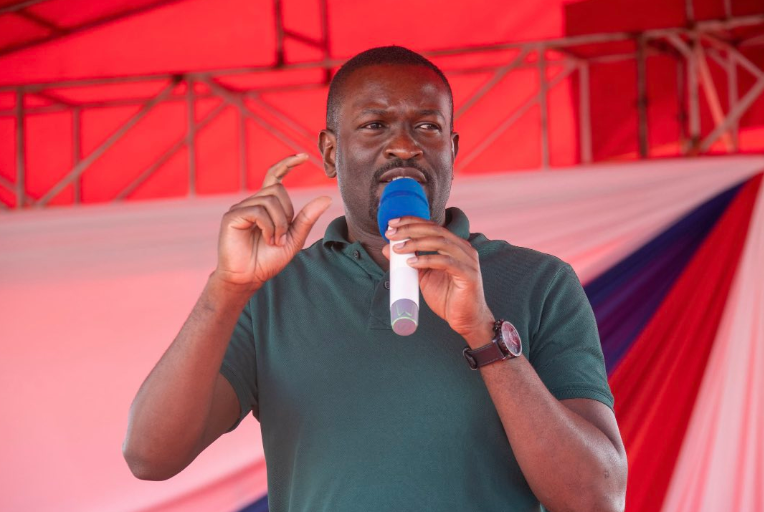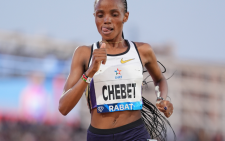Nairobi was a sharp contrast of still streets and running battles

The parts of the capital that were still were terribly still. It was the stillness of the grave.
In places like Kijabe Street, where People Daily offices sit, only three business premises were open; DSM — the building housing the media house — the Kenya Literature Bureau warehouse and Mawimbi, the high-end sea food restaurant, though there was hardly a sign of patrons anywhere.
In contrast, the parts that saw running battles between protesters and police were a sharp contrast, with images of chaos and mayhem dominating television screens for the better part of the day until about 3pm when Azimio leader Raila Odinga made what was basically a lap of honour around the outer rings of the central business district as he sought to make his way into the city centre without much success.
The action was reminiscent of the juxtaposed interplay of contrasts in Wendy Perriam’s book, The Stillness, the Dancing, with various parts of the city experiencing differently the informal “public holiday” that Raila had declared in his push to force the government to open election results servers. In his view, the August election was “stolen” and opening the servers will help identify the true winner. Chances of that happening are, however, remote, as the electoral commission declared President William Ruto winner six months ago, a position validated by the Supreme Court two weeks after the results were announced.
In his final report, the commission’s chairman, Wafula Chebukati, said they had decommissioned the servers because they had run out of money to maintain them.
Chebukati and two other commissioners retired in January. Three others opted to step down rather than face a tribunal that was to investigate their conduct during that election period. Only one commissioner braved the scrutiny, but the tribunal chaired by Judge Aggrey Muchelule found her guilty of misconduct and recommended that she be fired, which President Ruto did last month.
The process of picking new commissioners kicked off soon after but now, Raila wants it stopped, accusing the government of sidelining him and failing to conduct an all-inclusive process.
The President is, however, on record as saying due process of the law was followed and there will be no turning back. Only last week, Parliament approved Sh7.2 billion for the electoral commission to embark on constituency boundary reviews in readiness for the 2027 election.
The standoff over the reconstitution of the commission was one of the reasons Raila cited in calling for mass action yesterday. The other was high food prices. “We have neither fish nor chicken today,” a stand-in waiter at Migoko Restaurant at the Kenya National Theater declared in advance, apologising for the limited menu. “Our suppliers were unable to make deliveries today.”
Neither did the regular staffers make it, leaving the manager no choice but to hire a skeleton staff of casuals.
“The economy lost Sh2 billion due to the mass action,” Deputy President Rigathi Gachagua told a meeting in Mombasa where he was receiving relief food to assist in the ongoing campaign to combat hunger in at least 23 hardest hit countries.
Densely populated
In Nairobi, Raila’s supporters were chanting: “Unga! Unga!” as they circled densely populated neighbourhoods in Eastlands, where the Azimio leader was at the head of a convoy that snaked its way around the poor and lower middle class residential areas.
As the convoy navigated the narrow streets, Raila made short stops during which he addressed several impromptu gatherings as police tried to keep him from reaching the central business district.
Raila was scheduled to make an address on the steps of the iconic Kenyatta International Convention Centre, a move that would have been reminiscent of 2007, when he used the venue, first to declare his presidential candidature and later, to dispute the result of that year’s election.
“There will be demonstrations every Monday until Kenyans get their rights,” he said at one of the stops yesterday.
That can only mean one thing; there will be stillness some days; and there will be dancing on others.










